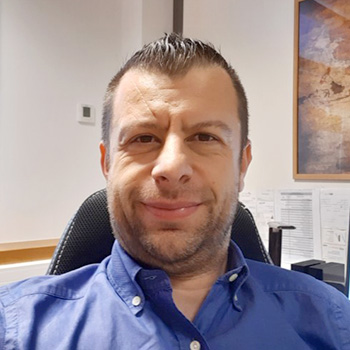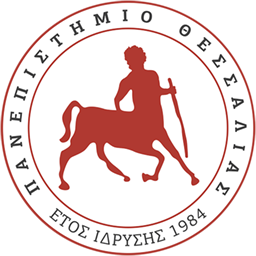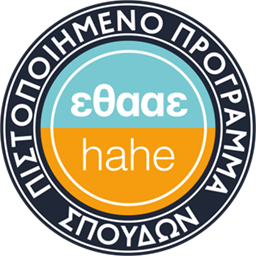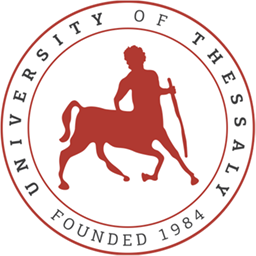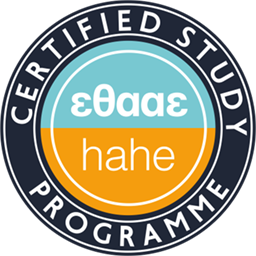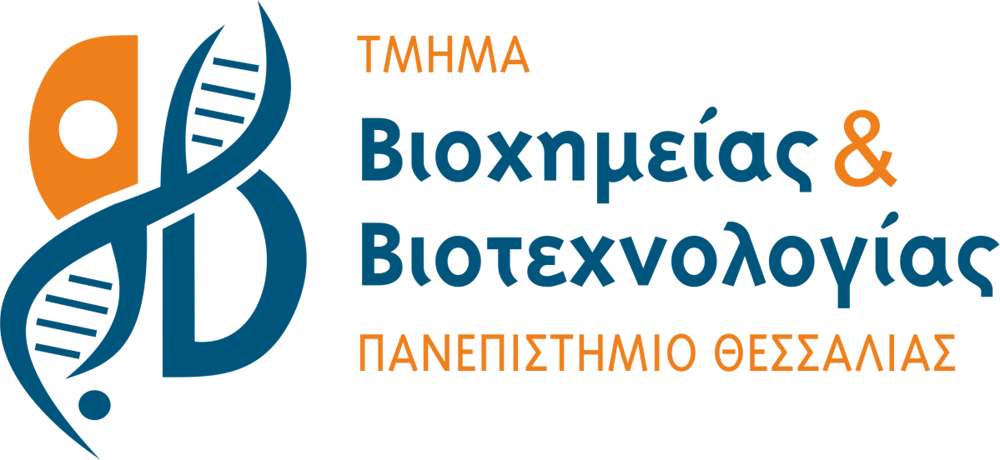Molecular Biology
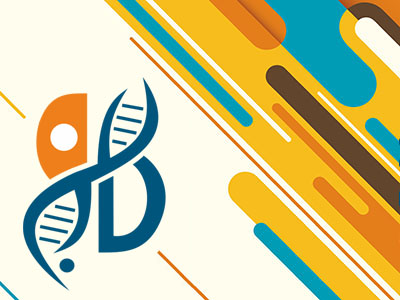
Theory: 3 hours/week | Practicals: 1 hour/week | Practicals: 2 hours/week | ECTS Units: 6
Content – Aim of the course
The Molecular Biology course is tailored for students of the Department of Biochemistry and Biotechnology who have already acquired basic knowledge of “General” and “Organic Chemistry”, “Structure and Analysis of Biomolecules” and “Biosynthesis of macromolecules – regulation of gene expression”. This course takes a deeper look into issues such as DNA damage and repair, recombination, transposition and regulation. The aim is, as far as possible, to do this not so by the sheer presentation of the relevant information, as through the understanding of the experimental proof that led to the acquisition of that information.
The presentations are grouped into two cycles. The first cycle (Lessons 1-5) starts with a display of selected laboratory techniques such as cloning, library construction, hybridization, PCR and site-directed mutagenesis. Then follows an analysis of various types of DNA damage and the mechanisms that cells use to repair them, including homologous recombination. This leads to the discussion of transposition of mobile elements in prokaryotes and eukaryotes. The second cycle (Lessons 6-11) studies the regulation of gene transcription in both prokaryotes and eukaryotes. During these lectures there is a detailed analysis of the structure and function of bacterial and eukaryotic RNA polymerases, mRNA synthesis and the regulatory mechanisms of gene expression. Finally, how epigenetic modifications affect gene expression is also considered.
Analytical Description of the Course
- Molecular biology techniques
- DNA damage and repair
- Double strand brakes and recombination
- Mobile elements and mechanisms of transposition
- Retroviruses and retrotransposition
- Transcriptional regulation in prokaryotes-1
- Transcriptional regulation in prokaryotes-2
- Transcriptional regulation in eukaryotes-1
- Transcriptional regulation in eukaryotes-2
- Gene dosage compensation and silencing
- Imprinting
Laboratory Exercises
During the semester the students will tempt to clone a PCR product and subsequently will perform a restriction mapping of the cloned insert.
- PCR amplification and isolation of amplification product
- Ligation of the PCR product in appropriate plasmid vector
- Generation of competent E. coli cell and transformation
- Selection of recombinant clones
- Growth and isolation of selected recombinant clone
- Digest with restriction endonucleases
- Electrophoresis of restriction digests
- Restriction mapping of cloned product
Student Evaluation
Student evaluation is based on: (a) Written and oral examinations of the Laboratory component. (b) Written examination on the theoretical component.
Reading Suggestions
- Principles of Molecular Biology, Burton E. Tropp. Jones & Bartlett Learning 2014
- Molecular Biology of the Gene, 7th Edition, James Watson, Tania Baker, Stephen Bell, Alexander Gann, Michael Levine, Richard Losick. Pearson, 2011.
- Lewin’s Genes XI, 11th Edition, Jocelyn Krebs, Elliott Goldstein, Stephen Kilpatrick. Jones & Bartlett Learning 2013.
- Recombinant DNA: Genes and Genomes – A short Course. Third Edition. Watson J.D., Caudy A.A., Myers R.M. and Witkowski J. Palgrave Macmillan Ltd 2007.
Teaching Material / E-class
Lecturers
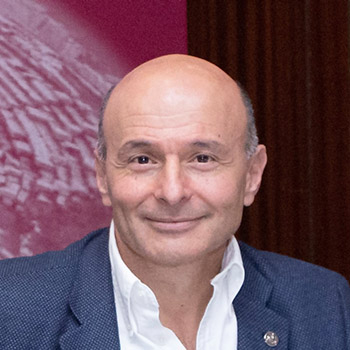
Κostas Mathiopoulos (Course Coordinator)
